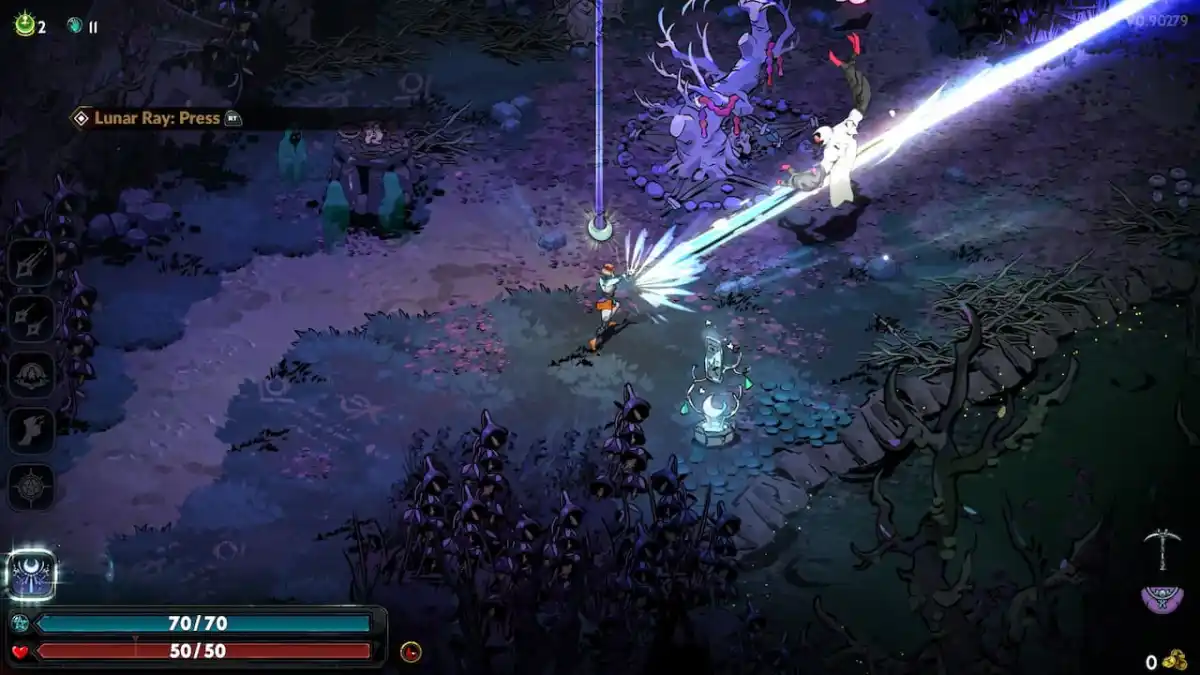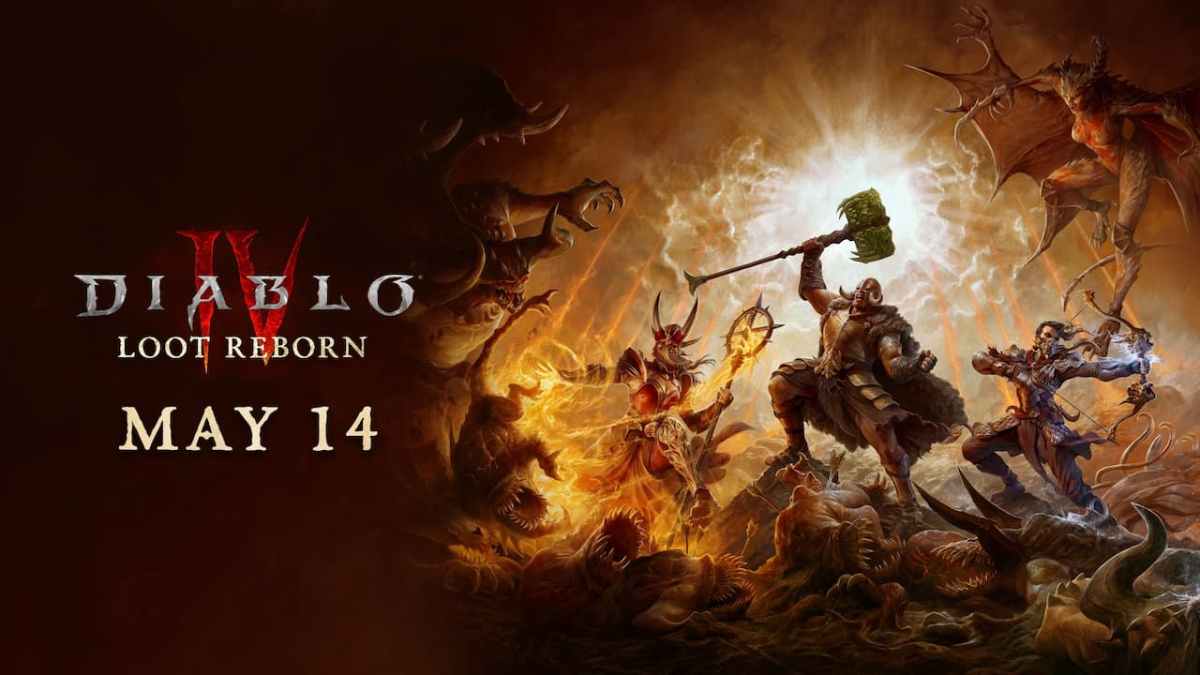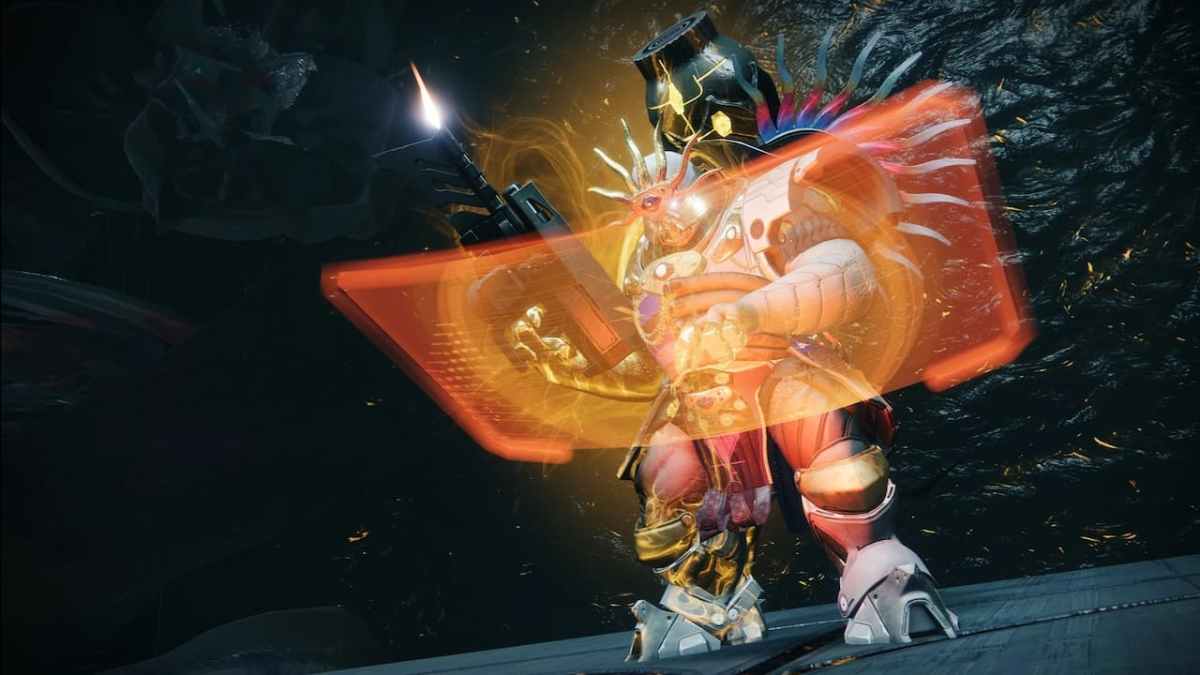True Player Gear‘s CEO Bertrand Nepveu was encouraged by the Oculus/Facebook acquisition and decided to fully reveal their contender for the VR hardware crown. Currently called the “Totem”, a name inspired by the film Inception, this headset could be the competition the VR race needs to help keep prices down and push VR technology development forward.
We decided to find out what Bertrand Nepveu and True Player Gear are planning for their VR device in the months ahead.
When you revealed the Totem last week were you surprised at the response you received and how did it feel after having it under wraps for so long?
Bertrand Nepveu: Yes, we never imagined it would be so big. We actually revealed the Totem on Twitter and Facebook on the 4th of March with not much attention. After the Facebook/Oculus deal, we decided to tell the developers on Reddit that we would soon have an alternative for the Rift. Everything snowballed from there. It is a great feeling to have love from the community after all those hard working years!
You’ve been working on the “Totem” now for many years and you have said that the timing of the full reveal was down to the Facebook acquisition of Oculus. Do you regret not revealing more details sooner to attract large backers?
No, we wanted to have a press demo before releasing the info at large. The acquisition just precipitated our plans. We bootstrapped everything and crowdfunding will be used for the production of our VR headset, not for financing the R&D.
You have said that a Kickstater will be coming this summer. Oculus received some backlash from backers of the Rift who felt let-down when the company was sold. Are you going to handle your Kickstarter campaign differently to avoid any upset from backers and what are your thoughts on the acquisition?
We still have to decide if we go on Kickstarter or Indiegogo. Our main goal is to be able to produce in mass the fruit of our labor. We are open to other options if it makes us reach our goal.
You have said that the Totem will be released by the end of the year and you are currently gearing up for E3 so it sounds like there’s still a lot of work to do. Will the a Kickstarter success determine whether you can reach your end of year release goal which we are assuming will be dev kit?
As I said previously, when we go on crowdfunding, it will be a production ready unit. We will make sure that everything is in place for a Christmas delivery.
Oculus are likely to get their product to market first. How much of a concern is this to your team?
I cannot predict the future. There is still a lot of problems to fix before anyone can claim to have a “consumer ready” version for the mass market and not just developers. We will see who will get there first.
In the 90s consumer VR was all the buzz but it failed to take off despite reasonably impressive hardware for the time such as the VFX1. What makes you think that now is the time that VR can really get some traction with consumers?
The technologies developed by the mobile industry changed everything. We now have 1080P screen that fits in our hands and good cheap motion sensors. Stereoscopy is now mainstream and the whole gaming industry is behind VR. A lot of VR content will be release this year and this is very important for the adoption of VR.
Did you look at any of the older devices to find out where that may have gone wrong and was there anything that inspired you during the design process?
Yes, every company does reverse-engineering, this is why competition is good, it drives innovation and makes better and better products. A monopoly is the worst thing that could happen for VR. It would be a lie to tell that we were not inspired by the immersion factor of the Rift. We were not the only one, the Sony Morpheus would have not happened without the Rift.
Pricing is an important factor which will decide whether VR takes off this time. How competitive do you think you can make the Totem when it comes to its price point?
We share the same core technologies as the other competitors in that field and thanks to the mobile industry, it as made those technologies affordable. The Totem will be just a little more expensive than the Rift since we have added features and hardware.
Having used VR in the past and tested it on hundreds of consumers the thing that was always a sticking point is motion sickness. The low FOV of around 45 degrees was part of the cause with older devices, but it was only part of the problem. How is the Totem going to overcome this rather nasty side effect of VR which impacts most people that use it, even over prolonged periods of time?
You need to have what Valve called presence. It’s all about low latency, low persistence and really precise positional tracking. Valve pretty much told everyone the recipe that needs to be done in order to have a good VR experience. We are aiming for that and beyond for the consumer version.
You’ve mentioned support for Unreal, Unity, Havok and CryEngine which covers a lot of bases but what feedback have you had in the past few days from developers and has there been a real interest in developing for Totem?
The feedback has been beyond our wildest dreams!
Controls in VR are always a problem. The VFX1 came with a rather nifty motion control puck device which actually worked very well. How are you tackling this and have you thought about bundling a motion tracking control device with the Totem as a possible optional peripheral?
There is already enough companies working on this, we are concentrating for now on making the best gaming HMD on the market. We are more interested in collaboration than competition.
The question everyone is asking is whether the Totem will be an improvement on the Rift. What really differentiates you from the competition when it comes to the hardware?
We have surround sound, hardware lens distortion compensation, hypermetropia and myopia compensation, onboard cameras and console support.
You have mentioned two cameras on the front of the device which sound interesting so what was your thinking behind adding this feature?
Lots of things it could do: positional tracking, augmented reality and see-through viewing. We still have to experiment with these and we know that developers will too.
There are plenty of other great VR products in the works such as the Cyberith Virtualizer. Have you been talking to any of these guys during development?
We talked with lots of them during the VR Mixer at the GDC 2014.
A lot of sceptics have popped up when you revealed the Totem, especially due the fact it’s going to also work on consoles. Is there anything you want to say to them to put their minds at ease?
We are seen as a standard 3DTV and a standard gamepad for the game so it’s transparent. The experience will depend on the game a bit like Vireio, but this opens the door for VR indie game development on the console market.
Now that you’ve revealed the product, what’s the mood like in the team? Are you guys ready for the very busy months ahead and what are your plans in the months ahead prior to and post Kickstarter launch?
The mood couldn’t be better, we will do everything we can to have the best demo available for E3. We don’t want to disappoint the VR community! After than, all our energy will be on the crowdfunding campaign and the Christmas delivery.
We’ll keep you all posted on the Totem in the months ahead here on IncGamers.com.



